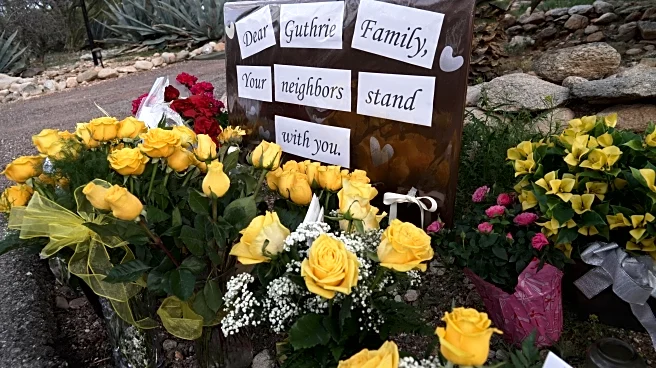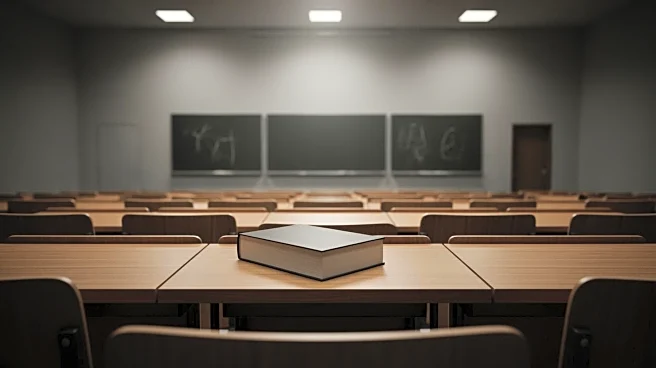By Marcela Ayres and Gabriel Araujo
BRASILIA (Reuters) -Brazil estimates that 35.9% of its exports to the U.S. by value will be hit by a steep 50% tariff under a new executive order by Donald Trump's administration,
Vice President Geraldo Alckmin said on Thursday, emphasizing efforts to reverse the levies on key goods such as coffee.
The estimate confirms earlier reporting by Reuters, with sources saying 44.6% of local products will be subject to the preexisting 10% tariff, while the remaining 19.5% will fall under tariffs the U.S. applies globally, ranging from 25% to 50%.
Trump slapped the 50% tariff to fight what he has called a "witch hunt" against former President Jair Bolsonaro - who is on trial on charges of plotting a coup following his election loss in 2022 - but softened the blow by excluding sectors such as aircraft, energy and orange juice from heavier levies.
But major exports including coffee and beef were not spared.
"We will work to get the U.S. to lower the tariff on coffee," Alckmin said in an interview with TV Globo's "Mais Voce" morning show.
"They don't grow coffee," he added, warning that American consumers will bear the cost in what he described as a "lose-lose situation."
Alckmin said Brazil's domestic inflation should be helped by diverting to the local market goods that would otherwise have been exported to the United States.
He also reiterated that the government is preparing a contingency plan to support sectors affected by Trump's decision, focused on preserving jobs and production. The plan is expected to include financial, credit and tax measures.
According to Alckmin, some of those support measures may be excluded from the government's primary fiscal target calculation, as Latin America's largest economy aims to eliminate its budget deficit this year.
Earlier on Thursday, Finance Minister Fernando Haddad said Brazil would challenge the U.S. decision through the appropriate channels, either within U.S. jurisdiction or before international bodies.
Haddad stressed the government sees room for "corrections" to the higher U.S. tariffs, arguing that some sectors were disproportionately affected and should be reassessed immediately.
(Reporting by Marcela Ayres in Brasilia and Gabriel Araujo in Sao PauloEditing by Ros Russell and Chizu Nomiyama )












